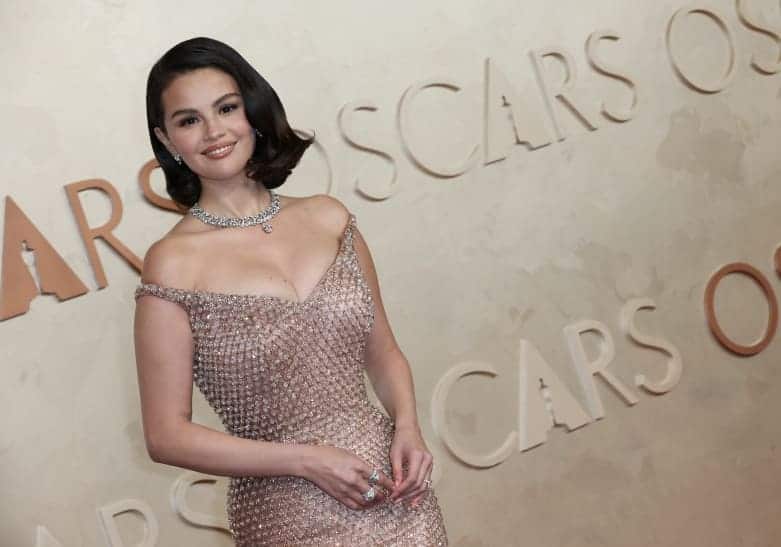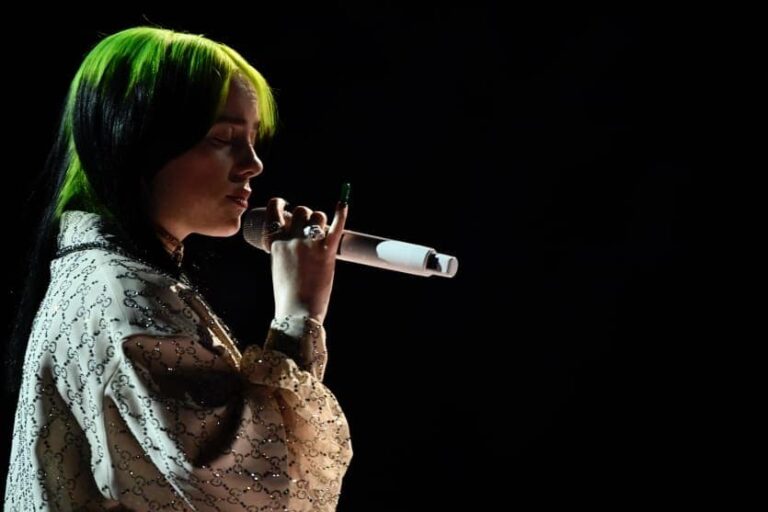Selena Gomez, 33, Gets Real About Body Shaming and Its Toll on Her Mental Health
Selena Gomez is pulling back the curtain on the brutal reality of living in the public eye, revealing the deep-seated insecurities that years of relentless body shaming have carved into her psyche. In a raw, no-holds-barred interview, the superstar got candid about the emotional rollercoaster of being judged for her appearance.
Selena Gomez Opens Up About Body Image Struggles and DBT Therapy
“I got stung by a person saying I was fat. Why is that [emotion] coming up?” Gomez, 33, confessed in a bombshell cover story for Allure on Tuesday, September 9. The comment wasn’t just a fleeting sting; it tapped into a well of pain she’s carried for years. “I’ve dealt with a lot of weight issues in my life, and that’s something I’m very sensitive to.”
Instead of letting the trolls win, Gomez has armed herself with powerful tools to fight back, not against the haters, but against the inner turmoil they cause. She’s a vocal advocate for dialectical behavior therapy (DBT), a form of talk therapy designed for those who, as she puts it, experience emotions with intense ferocity. It’s her secret weapon in the war against her own insecurities.
Selena Gomez on Her Health and Therapy Journey
DBT has become Gomez’s method for untangling the messy web of emotions that body-shaming comments ignite. She describes the process as “peeling away layers” to get to the root of the trigger. It’s about connecting the dots to understand where the pain truly originates.
“Oh, now I understand, that’s stemming from that one time when I was going through some medical stuff and I had gained weight,” she explained, giving a glimpse into her therapeutic process. It’s a journey of self-discovery, where a seemingly simple insult is traced back to a moment of vulnerability tied to her health.
For Gomez, this isn’t just about talk; it’s about work. “Some therapists provide little cards [you can pull out] when you feel a certain type of emotion, with questions to help guide you through understanding it,” she shared. But she’s quick to add a dose of reality: “You just definitely have to be willing to do the work, and that part can be tricky.” Yet, through it all, she’s found a new sense of liberation. “I finally feel like I’m in a place where I don’t need to be apologetic for every single thing that I do.”
The Unspoken Link Between Lupus and Selena Gomez’s Weight
The scrutiny over Gomez’s weight isn’t just cruel; it’s ignorant of the serious health battles she’s been fighting for over a decade. In 2014, she was diagnosed with lupus, an autoimmune disease that led to a kidney transplant and chemotherapy. Her medication, a literal lifesaver, comes with a side effect that trolls have used as ammunition: weight fluctuation.
In a TikTok Live last year, she laid it all out. “When I’m taking it, I tend to hold a lot of water weight, and that happens very normally. When I’m off of it, I tend to kind of lose weight,” she explained, directly addressing the never-ending speculation. Her message was defiant and powerful: “I would much rather be healthy and take care of myself. My medications are important, and I believe that they’re what helps me.”
Selena Gomez’s Unfiltered Battle with Mental Health
Gomez’s journey is a tapestry of resilience, woven with threads of both physical and mental health struggles. In 2020, she bravely revealed her bipolar disorder diagnosis on Miley Cyrus‘s Instagram Live show, “Bright Minded.” For her, the diagnosis wasn’t a curse but a key. “When I have more information, it actually helps me, it doesn’t scare me once I know it,” she said, explaining that understanding her condition “took the fear away.”
She later told Elle that receiving the diagnosis felt like a “huge weight lifted off” her shoulders, adding, “I could take a deep breath and go, ‘OK, that explains so much.’” It was another piece of the puzzle that helped her understand herself more deeply, away from the noise of public opinion.
This raw honesty is classic Selena. She’s consistently used her platform to dismantle the stigma around mental health, turning her struggles into a source of strength and connection for millions of fans. Whether she’s on a red carpet or in a candid social media video, her message is clear: she’s human, she’s healing, and she’s done apologizing for it.





